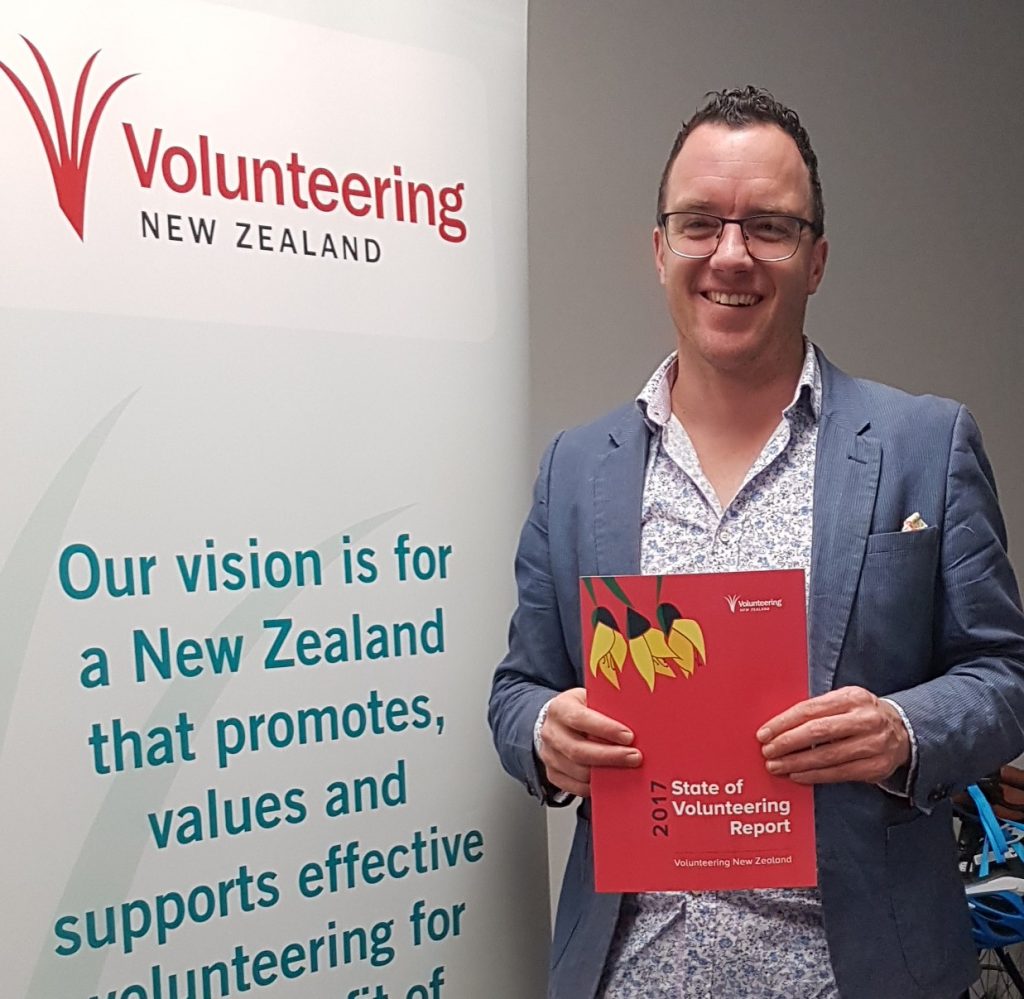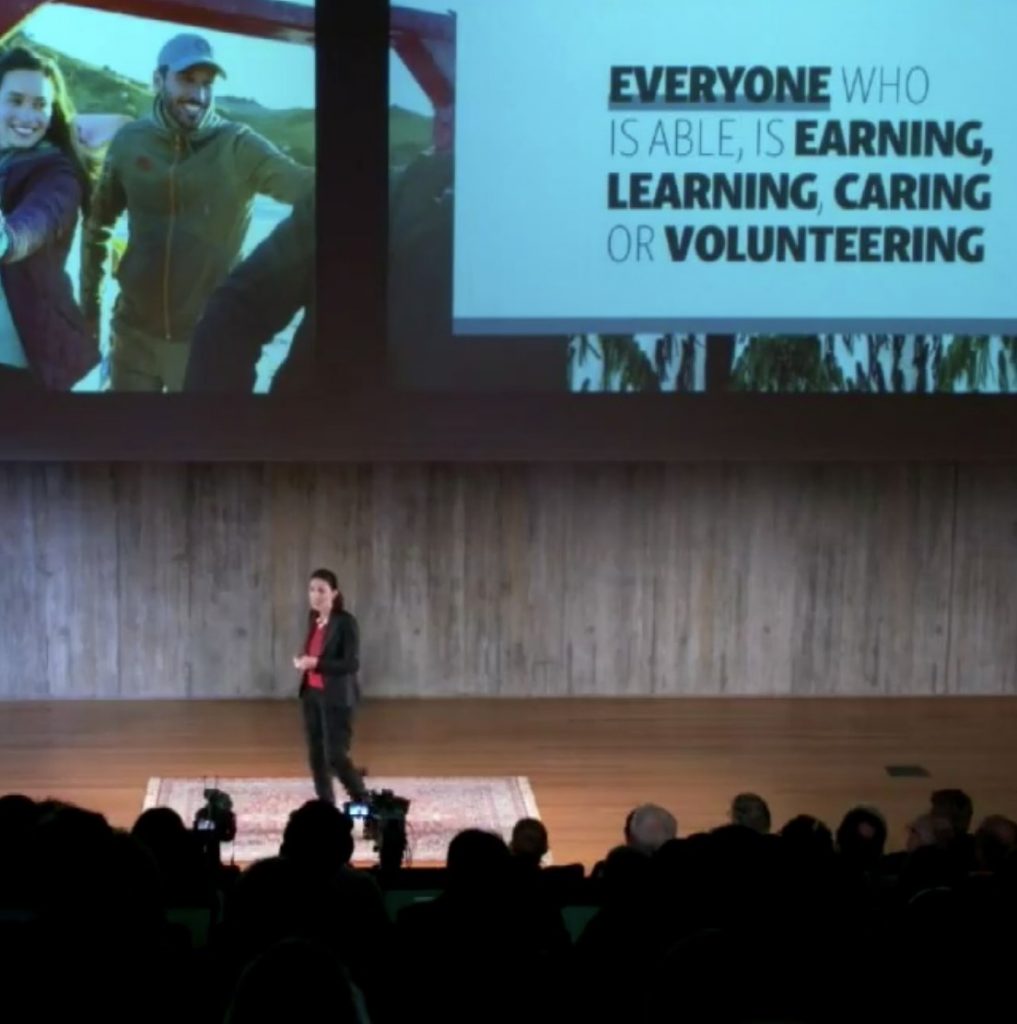A few weeks ago Volunteering New Zealand published its second State of Volunteering report, a snapshot of what is happening in organisations around the country.
Last year we found out why organisations involve volunteers, and the extent of online tools for recruitment and technology to enable volunteering. We learned more about challenges of recruitment and retention, the frequency of volunteer reimbursements and incentives, and trends in volunteering.
This year the questions explored some different areas: finding out about successful volunteer engagement; the extent of staff understanding of volunteer involvement and their contributions; if there are challenges in conflict management with volunteers what procedures are in place; and whether there has been a decline in volunteer hours and what adjustments have been made.
You can read encouraging results in the reports, and then note the final question: How do volunteer involving organisations rate the state of the New Zealand volunteering sector, on a scale of 1 to 10?
So what would it take to do better?
For two years now the average rating for the State of the NZ Volunteering Sector has been 6 out of 10, just one up from the mid-range of 5. So my question is: What would it take to do better? What would it take to get to something closer to a high B or an A grade?

I would like to know more about who answers the question and on what basis. Ultimately, I think we need to determine whether ‘state of the sector’ refers to volunteers and volunteering, or to the organisations they work for. I appreciate the overlap and assumed connections, yet a small modification to the question could produce quite a different result. You only need to see the outpouring of praise and appreciation and awards for volunteer effort during NVW2017 to know how highly volunteers are rated.
Distinctions between ‘volunteering’ and ‘community sector’ become more evident in the tension between philosophy and practice.
As IAVE states in its Universal Declaration on Volunteering:
Volunteering is a fundamental building block of civil society. It brings to life the noblest aspirations of humankind – the pursuit of peace, freedom, opportunity, safety, and justice for all people.
In this statement volunteering is a precursor of civil society, which denotes the aggregate of organisations and institutions distinct from government and business. Every organisation is started by volunteers; volunteers are the innovators, creating the pathway for organisations to develop and grow. Volunteering is the foundation, not the cog, in the machinery of a community organisation, and civil society should never become the handmaiden of government and business.
But as we have experienced in recent times, government and the business interests have been singing a song that sounds like: “Why can’t the community sector be more like us”?
JB Were’s The New Zealand Cause Report describes ‘the shape of the charity sector’ and offers in-depth analysis, trends in the sector, and concerns about sustainability and innovation. Recommendations include mergers and acquisitions, better corporate partnerships and growing philanthropy. In the long run, adopting these corporate business practices can only lead to a two-tier charity sector. Volunteer contributions will be constrained and contained, thus removing from the NFP sector the intrinsic worth of ‘Work done of one’s own free will, unpaid, for the common good’. Communities throughout New Zealand will be the poorer if this direction is applied.
NPC (UK) research on the state of the sector argues for Charities to take charge, ‘transforming to face a changing world’. The advice offered includes establishing an impact-focused strategy, building strong governance and leadership, taking new approaches to existing relationships, and harnessing new networks and resources.
All of this advice looks like the commonsense approach to survival. But my beef is that these recommendations are straight out of the business sector’s playbook: they are principles of organisational development that have been around for at least a couple of generations. NFPs are already well aware of the pressure to take up such options.
Getting close to business organisation structures and practice will mean growing the distance from community and user groups, becoming less responsive, less understanding of local issues and needs – thus losing accumulated trust and credibility. Those with government contracts are worst affected, dancing to contract terms and lacking freedoms of flexibility and innovative intervention – which volunteers are primed to offer.
Yes, of course community organisations need to operate responsibly, but that does not have to mean acting like corporate bureaucracies. Yes, adhering to regulations and reporting requirements is obligatory, but these should never get in the way of an organisation’s purpose and forgetting to keep track of the relevance of volunteers and volunteering. The state of the New Zealand volunteering sector earned a higher rating than 6 a long time ago.

By Sue Hine
Independent advocate for managers of volunteers
Follow Sue’s blog Management4Volunteers





About The Author: Michelle Kitney
Chief Executive, Volunteering New Zealand
More posts by Michelle Kitney